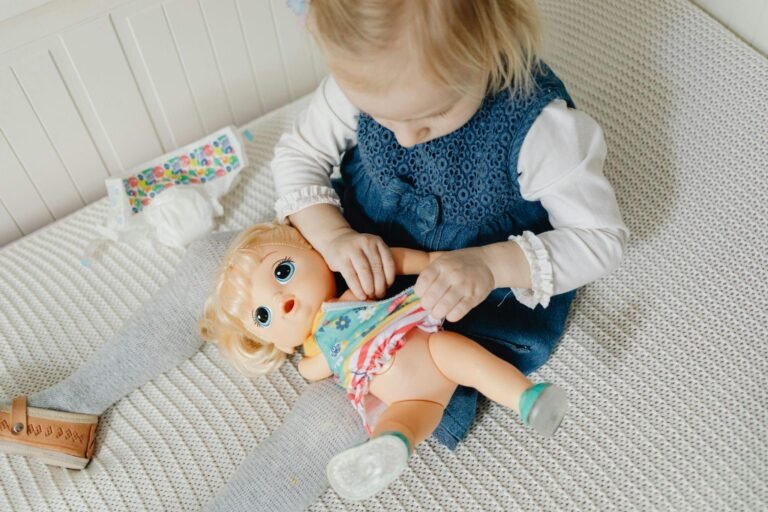Do Babies Dream?
We often get the feeling that our little ones have some amazing things going on in their minds when they are sleeping. They twitch, smile, or even make little noises and really do seem to be lost in a dream. But are babies dreaming the way we do? Knowing what happens while they sleep gives us an insight into this rather curious question.
What Do Babies Dream About?
If babies do dream, what these dreams would contain remains a mystery. Babies, unlike adults, just don’t have experiences or memories yet that would foster these complex dreams. Experts instead suggest that if babies do dream, then their dreams may be more akin to sensations or abstract experiences. Think of this as their brain processing the new world around them—sounds, colors, and the feel of their mother’s touch.
The Mystery of REM Sleep
The REM, or Rapid Eye Movement, sleep stage is the one in which most of the explicit dreaming in adults occurs. Curiously, a large percentage of infants’ sleeping time is spent in this stage. Infants spend much more time in this stage than adults do, leading researchers to deduce that their brains have to be active during sleep and probably engaged by dream-like activities. But since babies cannot tell us their dreams, this really remains an interesting area for study.
Do Babies Have Nightmares?
As comforting as it is to think of babies having sweet dreams, some parents wonder if babies can have nightmares. Whereas it is certainly possible that older infants and toddlers might start having bad dreams, newborns probably don’t have nightmares in the way we understand them. After all, their brains are still developing, and the feelings associated with fear may not yet exist in their dream world. They do, however, react to feeling uncomfortable or any loud sounds, which then may be mis-attributed to nightmares.
How Important Sleep is to Your Baby
Whether they are dreaming or not, one thing is definite: sleep is a must for any baby’s development. Their brain sorts through reams of information obtained during the day when asleep. This is important for processing memory, learning, and overall development. So, while we cannot know what babies dream about, getting enough amounts of restful sleep should be the way toward that goal.
A Peek into the Future
As babies grow and start to develop memories, so their dreams take shape, most likely very similar to older children and adults. Probably, they begin to dream of persons that they know, of places visited, or even stories heard. Until that time, the mystery of baby dreams remains just one of many wonders of early childhood that leave us to imagine delightful or whimsical worlds they might be exploring in their sleep.
FAQs
Do Babies Have Dreams and Nightmares?
Yes, babies probably do dream; however, the content of their dreams is much different than that of adults. Dreaming is considered being a part of normal sleep; however, there is less potential for nightmares in infants because of their limited exposure and experience. Their dreams are more likely to be sensory-based, a reflection of the new sights and sounds they experience daily .
At What Age, Can a Child Start Dreaming?
Children most likely do dream from birth, but in the early months, these dreams are less complex and more sensorimotor. As they get older, so do their dreams. They get more complex at about age 2 or 3, when they first start forming structured memories and experiences that could influence content.
Do Babies at 2 Months Dream?
At 2 months, much of babies’ sleep is REM sleep, which is considered to be the stage most related to dreams. Their dreams are not likely to be like the narrative form taken by the dreams that an older child or an adult would have, but they still dream in a more abstract, sensory way.
What Stage of Sleep Do Babies Dream?
Like adults, babies dream mostly during the REM, or Rapid Eye Movement, sleep stage. This is the stage at which the brain is working actively, moving their eyes, and increasing their chances of having a dream. Since babies spend much of their sleeping time in REM, dreaming seems to be an innate part of their sleep process.



